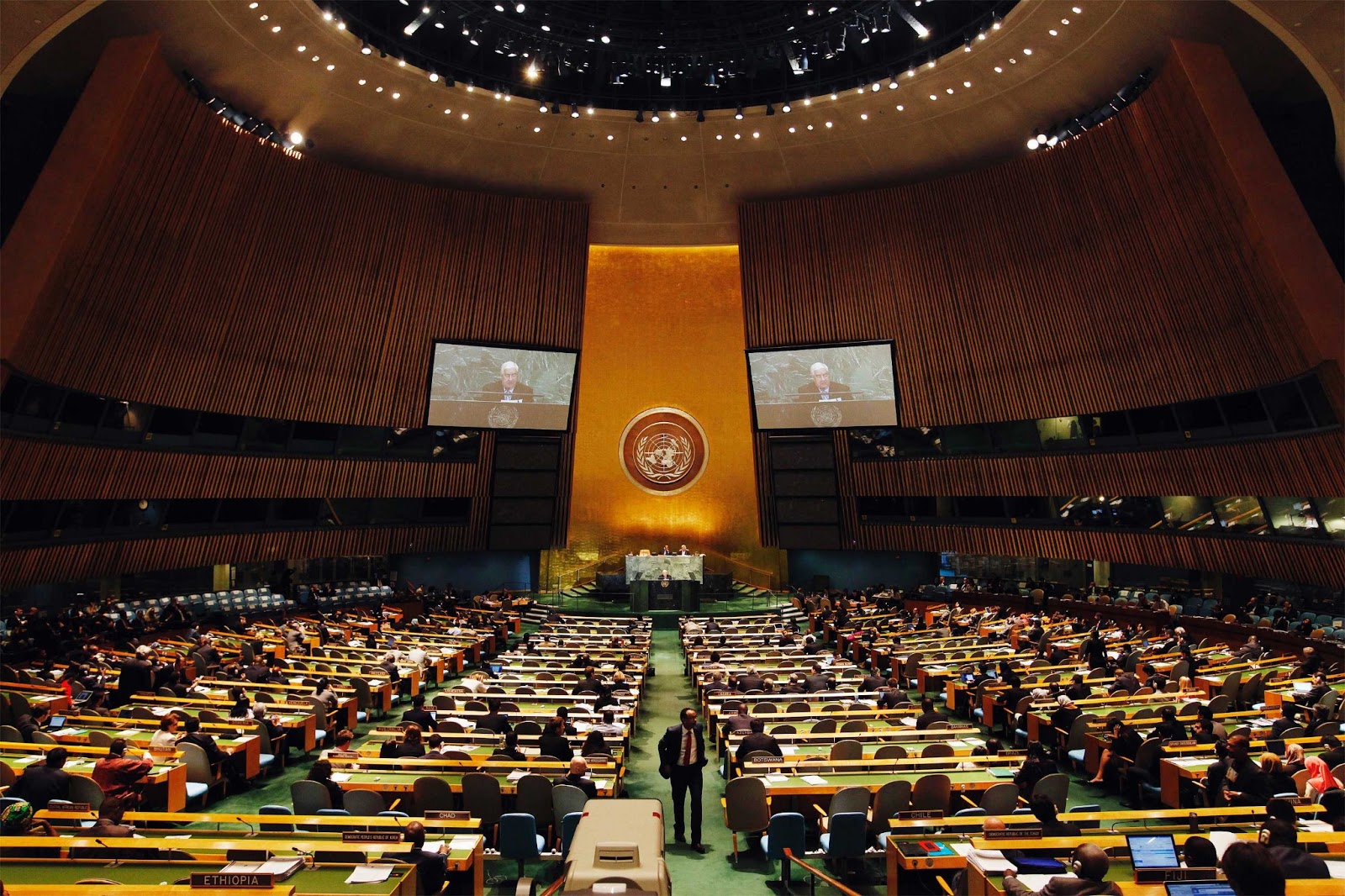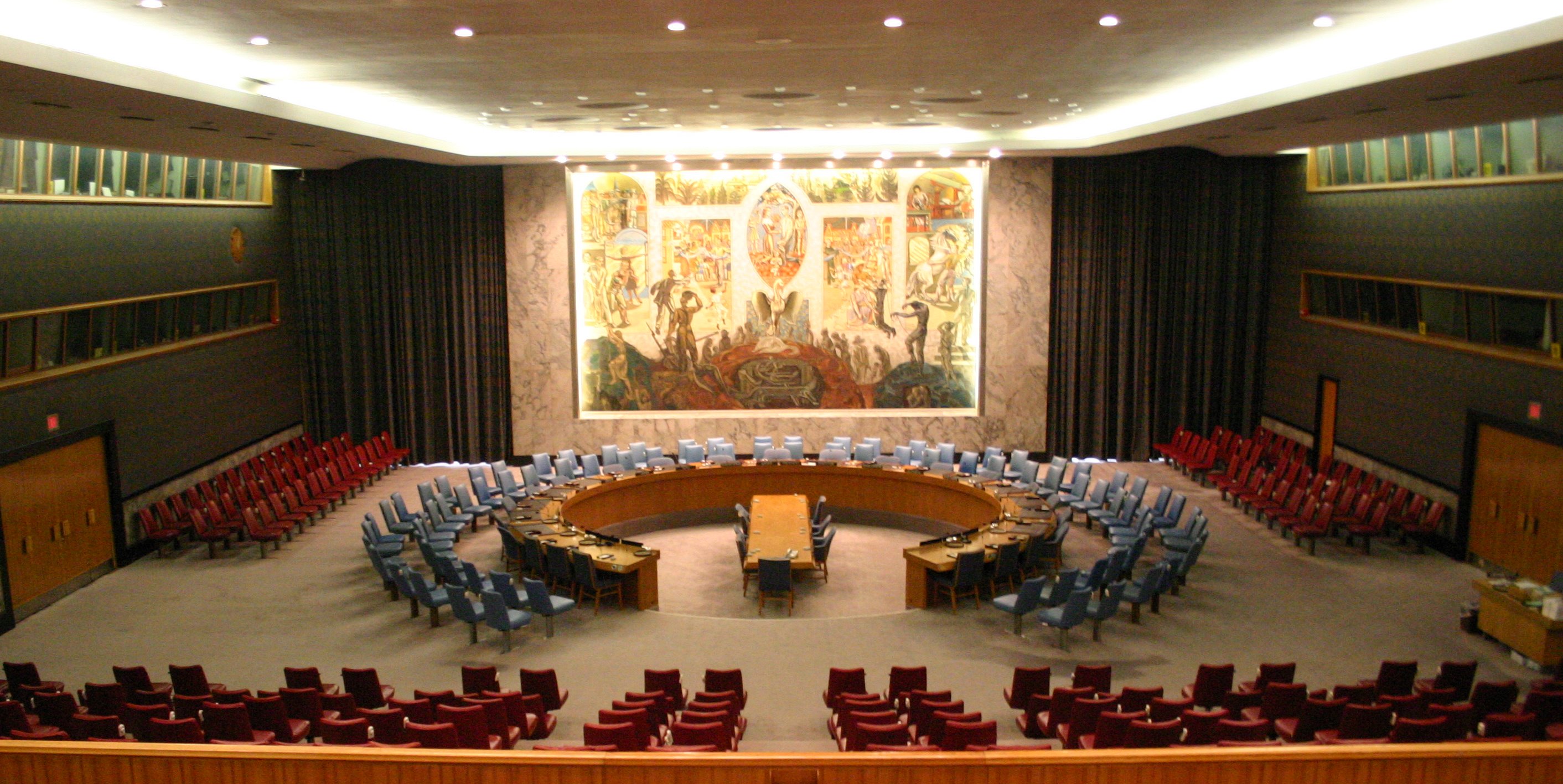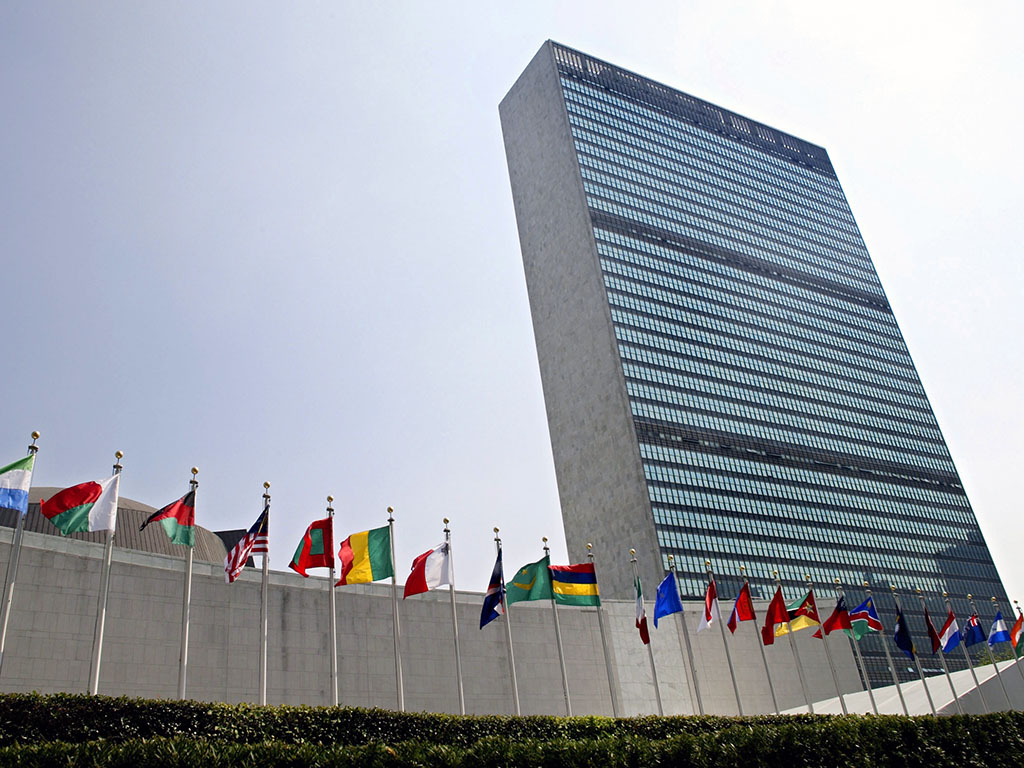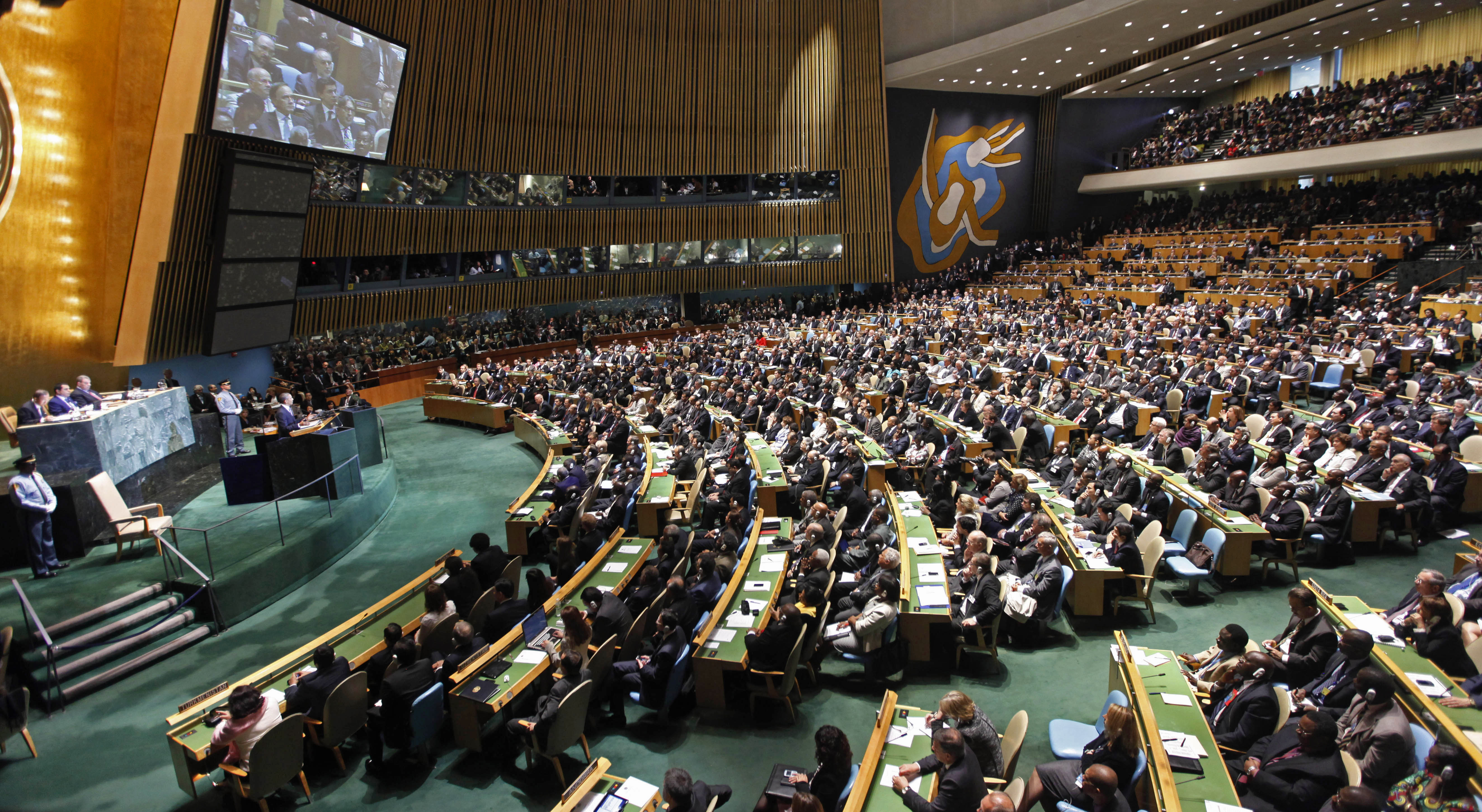Recent developments in globalization raise important issues regarding taxation policy and economic development. First, trends in capital income tax raise concerns about a possible race to the bottom or harmful competition. Second, lack of tax policy coordination results in large losses in tax revenue due to profit shifting by multinational corporations. These practices undermine revenue mobilization in the least developed countries, which also suffer from capital flight and other forms of illicit financial flows. This paper discusses how improved governance of the global financial system and enhanced harmonization in taxation policies may help address these important development problems.
CDP Background Paper series

Nepal was the first Least Developed Country to negotiate its accession to the World Trade Organization. The negotiation process was demanding, yet it succeeded in securing a relatively well-balanced accession package. The purpose of this paper is to describe the contours of the negotiation process and to share lessons learned. The paper details the onerous process involved in the accession of LDCs to the WTO and describes the context of Nepal's negotiating positions. Some distinctive aspects of Nepal's approach to the process of accession are highlighted and compared with the situation of some other LDCs.

The least developed country category was established by the international community for countries requiring special support measures for dealing with their structural impediments to growth. Despite the availability of these measures and the efforts of the LDCs themselves, relatively little progress has been achieved. This paper reviews some of the main international support measures from the perspective of five LDCs. It highlights country approaches to the support received and the challenges confronted in accessing the measures. For an effective use of the special support, the report stresses stronger country ownership and improved donor support.

The proliferation of country groupings indicates the need to assess the effectiveness of the current system for development cooperation and to explore better ways to manage the international system, as heterogeneity among developing countries increases. Great caution should be exercised in devising new country categories. Donors can use sound criteria for aid allocation without creating new groupings. If new categories are created at all, issue-based classifications should be preferred to comprehensive categories; support should be issue-specific. Among the existing comprehensive classifications, the LDC category has significant advantages but it needs to better address the problems and incentives associated with graduation.

This paper examines the prospects of achieving a main goal of the Istanbul Programme of Action - at least half of the LDCs to meet the graduation criteria by 2020. Based on two different sets of graduation criteria established by the CDP and current trends in socio-economic indicators of LDCs, the paper concludes that the goal is unlikely to be met even under an optimistic scenario. There are considerable uncertainties about the possible outcome, partly owing to the way in which the graduation criteria are established and partly owing to the difficulty of predicting future course of socio-economic development of LDCs.

Multilateral trade rules have maintained stable and predictable trade flows. Developing countries increased their participation in world markets but marked asymmetries persist; not all countries are benefitting from trade. Successive trade rounds and numerous regional trade and bilateral investment agreements led to significant loss of policy space and fragmentation. Special and differential treatment has not provided necessary flexibility for implementation of development policies while the principle of less than full reciprocity is eroded. Stronger multilateralism, effective overseeing and enforcing role by WTO and greater focus by developing countries in negotiating flexible rules (instead of exceptions to the rules) are suggested.

Global evidence suggests that trade-related performance is becoming increasingly important for the socio-economic development of many developing countries. The paper finds that trade preferences accorded to Bangladesh as an LDC have played a crucial role in recent accelerated development of her economy and her significant achievements in trade and social sectors. The paper highlights the concerns that emanate from the trade preferences and proposes ways to make these more effective and beneficial for the LDCs. It concludes that Bangladesh will need to build the needed supply-side capacities and undertake necessary reforms to realize the potential opportunities provided by preferential market access.

International support to the sustainable development of SIDS has been on the international policy agenda for a long time, whereas challenges are intensifying. Stabilizing global economic and financial markets and international measures to reduce climate changes are indispensable to reduce vulnerabilities of SIDS, as is scaling-up of existing support measures at the national level in areas such as climate change adaptation. This paper also performs cluster and other statistical analyses of SIDS vulnerabilities to explore new approaches to SIDS support. The heterogeneity among SIDS is substantial even if only sub-groups of SIDS are considered. Therefore, a differentiated approach has merits, as uniform support would neither be effective nor efficient.

The paper argues that science, technology and innovation (STI) play a critical role in expediting transition to a sustainable mode of development. Latecomer nations suffer from several disadvantages as they attempt to catch-up with the technological leaders, but they can enjoy latecomer advantages, if appropriate strategies are formulated and executed. One of the key concepts is leapfrogging, whereby the latecomers absorb what the technological leaders have to offer and leap to a new environment-friendly techno-economic paradigm. To facilitate such leap, the current intellectual-property-rights regimes need to evolve to one that fosters technology diffusion and greater use of intellectual property.
 Welcome to the United Nations
Welcome to the United Nations